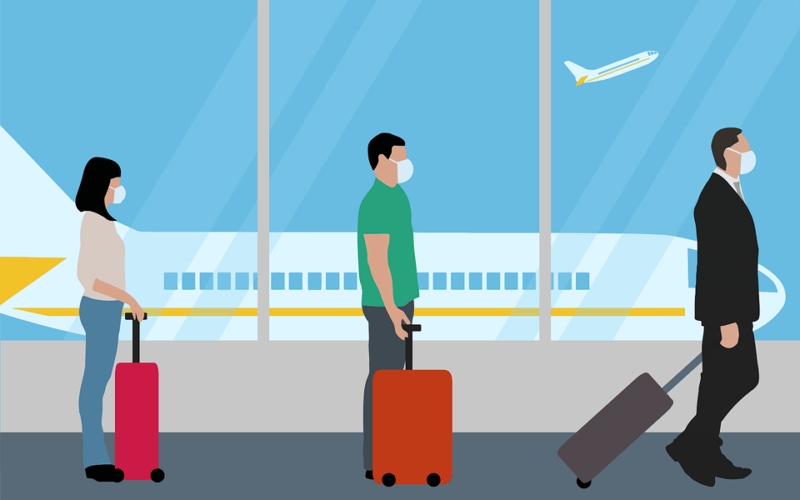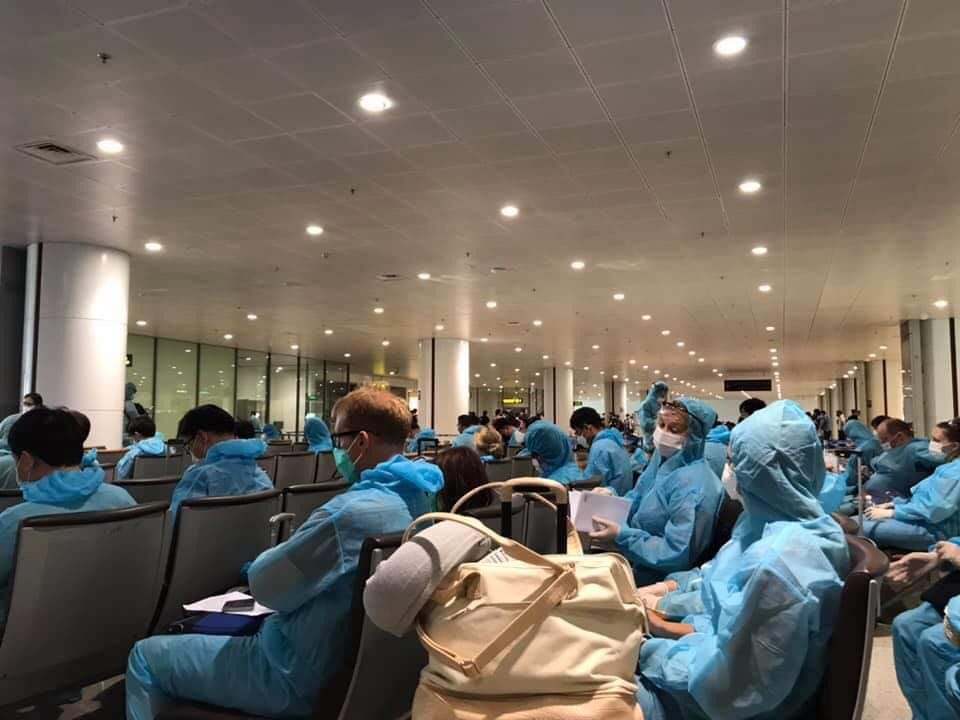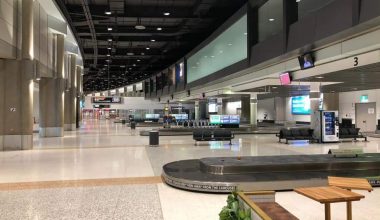Tips on flying safely
Covid-19 continues to desolate air travel globally, both international and domestic. Long among the usual suspects of spreading infectious diseases, commercial air travel now poses an added and for the vulnerable few, a potentially deadlier risk in the coronavirus. Fortunately, airports and airlines have responded by implementing both CDC protective recommendations and their own measures to protect passengers and their crews, and to rebuild passenger confidence as the aviation industry navigates slowly and unevenly toward a new normal. Further, our now mainstream awareness and the availability of precautionary guidance offers another layer of protection against Covid-19.
Whether you are flying of necessity or are taking advantage of lower airfares and forgiving change/cancellation policies, below are a few tips to minimize your air travel risk as each of us navigates to our own new normal.
1. Book a window seat
CDC guidance is that the greatest risk of Covid-19 exposure is likely prolonged close contact with an infected person. With over 45% of carriers believed to show no symptoms, it is wise to assume everyone is a carrier and isolate yourself as much as possible during your flight. Many airlines are currently keeping their middle seats open. Booking a window seat will help minimize your interaction with the cabin crew and other passengers. If you must book an aisle seat, avoid those near restrooms, galleys, and cabin crew seats. Airline seat maps are available on individual airline sites, or on airplane seat map sites like Seatguru.
2. Gear up
Pack masks, gloves, hand sanitizer and sanitizer or disinfectant wipes in your personal bag, and have them readily accessible at all times. Pack your snacks, plastic or bamboo utensils, earbuds, etc in small resealable bags to protect them from exposure to contaminated surfaces. Ensure your personal bag is small enough to fit under the seat in front of you. Plan to have what you need for your flight accessible from your seat and avoid having to go into the overhead bin during your flight.
3. Wear a mask
A mask worn properly (i.e. snug around the bridge of your nose and covering your mouth and nose) may be the single greatest protector of your health throughout the pandemic. The CDC has identified close people contact and the associated respiratory droplets and aerosols as a primary means of Covid-19 exposure, https://www.cdc.gov/media/releases/2020/s0522-cdc-updates-covid-transmission.html and there is growing scientific evidence that wearing a mask helps prevent Covid-19 transmission. Many airlines throughout the world are requiring flying passengers to wear masks, with each working on pragmatic enforcement of their policy, including restricting future flights for those who remove their masks once on board. To protect your health and the health of fellow passengers and the cabin crew, as well as your flying future, wear a mask.

Boarding lounge Bangkok to Hanoi August 2020
4. Turn on your overhead air vent
Ventilation over your seat is an easy and powerful way to help protect against airborne viruses, including the coronavirus. Turning on your overhead vent (low to medium) creates an air barrier around you, preventing airborne particles from lingering in the air. Despite a common perception that airplane air conditioning spread viruses throughout the cabin, commercial aircraft ventilation systems are designed with hospital-grade HEPA filters and are extremely effective at both compartmentalizing and filtering out airborne particles, viruses, and bacteria. Together, these two ventilation systems can reduce your Covid-19 exposure considerably.
5. Clean your seating space
The scientific and medical community are aligning around the conclusion that while it is possible for Covid-19 to spread via contaminated surfaces, it is less likely than through exposure to the respiratory droplets of an infected person. However, heavily trafficked airplane surfaces, including seat belts, tray tables, seat pockets, headrests, bathroom door and overhead bin handles, toilets, seats, and safety cards are all likely to be contaminated with germs of varying toxicity, including Covid-19. Wiping down the surfaces in your airplane space with sanitizer or disinfectant wipes is a simple measure that will further reduce your chances of exposure while seated.
6. Wash your hands
Since the earliest CDC guidance, frequent 20-second handwashing with soap remains among the consistent recommendations for protection against Covid-19 infection. Washing with soap and warm water kills Covid-19. Wash your hands prior to boarding the plane and again at your first opportunity in flight. Use hand sanitizer or wipe your hands thoroughly with sanitizer wipes if washing is unavailable.
7. Bring your own food
Depending on flight time, many airlines are curtailing or eliminating cabin service to reduce interaction with the flight crew and are recommending that passengers bring their own snacks. The risk of Covid-19 exposure through food handling has also been downgraded, as the virus is believed to be unable to survive stomach acid. However, using utensils or a clean napkin, etc to handle your food while flying may be worth the effort, particularly if you are among the population at higher risk for Covid-19 complications.
8. Limit alcohol intake
Notions that consuming alcohol kills Covid-19, or that Johnnie Walker breath kills Covid-19 in the air, however appealing, are untrue. This painful acknowledgment is in no way intended to discourage enjoying a drink or two on your flight, if available. Many major airlines have suspended beverage service to all but water on domestic flights, to limit cabin crew-passenger interaction, and to deter passengers from lingering over drinks (i.e. without masks). Regardless of availability, minimizing your exposure risk requires some diligence and mindfulness, both of which may be impaired by being overserved.
9. Get tested
Clearly if you test positive before your flight or if you are in any way symptomatic, it is important to postpone travel. Upon your return and depending on the origin and destination of your trip, you may be required to self-quarantine for up to 14 days. Mandates notwithstanding, self-isolating for 14 days will help protect your loved ones and your community from potential Covid-19 exposure. If you develop symptoms, get tested and if possible, advise your close contacts from your trip.
Air travel, like everything we do, carries a calculated risk. Airports and airlines globally are using CDC and scientific and medical community education and guidance to implement protective measures for their employees and passengers. For those who decide to fly commercially, being aware of the risks and informed on actions you can take to contain Covid-19 will help ensure a safer trip for everyone.
![]()




